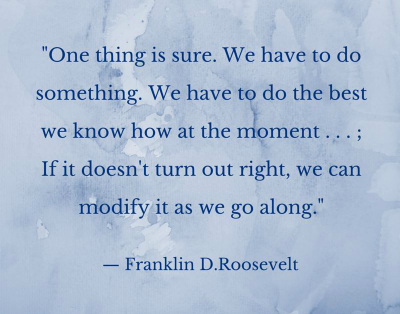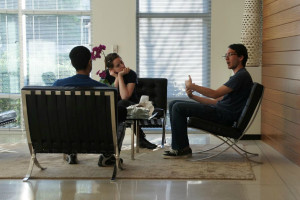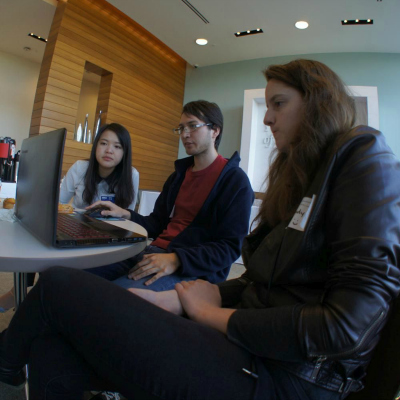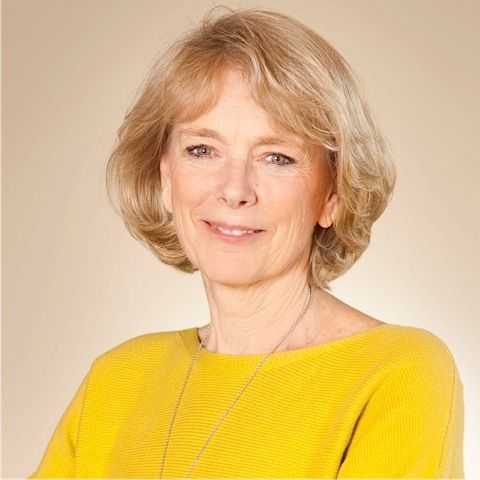Healthcare Hackathon for Caregivers
 Caregivers of people with dementia face many challenges. To aid in problem solving for them, NCHICA, Northwest AHEC and Quintiles sponsored a healthcare hackathon on April 11-12, 2015.
Caregivers of people with dementia face many challenges. To aid in problem solving for them, NCHICA, Northwest AHEC and Quintiles sponsored a healthcare hackathon on April 11-12, 2015.
00:00 Open and Introduction
- Janet Kennedy introduction
01:35 Jennifer Anderson, NCHICA
- 1st Event
- Why this topic?
- Event preparation
- New Executive Director for NCHICA
06:40 Chris Jones, Northwest AHEC
- How did the healthcare hackathon come to be?
- “From Sage on the Stage to Guide on the Side”
10:26 Healther Altman, Carol Woods
- Wearing many hats & Innovation Coach
- Changes in the geriatric space
- “Person First” language
14:58 Katherine Lavoie, UNC Graduate Student & Volunteer
- How she became involved in the event
- What are the challenges feaced by Healthcare Administrations?
- What do you hope to gain from the weekend?
16:30 Alex Joyner, Student at Nash Community College & event finalist
- Why did you come to this healthcare hackathon?
- Senior’s use of technology
- Lessons from his family
19:13 Dave Potenziani, Intrahealth
- Health informatics
- mHero
- Open source tech
21:48 Tom Caurso,
- Innovation Coach
- Wearable tech researcher and entrepreneur
- What do you think about the specificity of the topic?
25:07 Gail Hinte, Himformatics & Innovation Coach
- Benefits of coaching
28:58 eHealth Transformation Challenge Winners. Team Leads Karen Appert & Soumajeet Roy
30:58 John Reites, Quintiles
- “Co-Conspiritor”
- Healthcare hackathon development time
- Improvements for next time
- Why is Quintiles involved?
34:58 Get Social Health Academy announcement
eHealth Transformation Challenge (Event website)
The Problem: Caregivers of those with dementia are tasked with conducing a diverse range of activities to support loved ones. They need technology tools to support them in caring for their loved ones in innovative ways.
The Challenge: To design and pitch technology-based solutions that have the potential to lighten the burden that falls on family caregivers, particularly by helping them to coordinate the demanding tasks and the complex networks of relationships involved with caring for others.
The Advantage: This inaugural NCHICA event will connect you with other innovators and industry veterans in the Triangle, NC area. Food and awards totaling $4,500 to the top designs will be provided. Tickets are just $10 for students and $90 for industry professionals. Sign-up today as space is limited
Students, clinicians, programmers, hackers, entrepreneurs, and caregiver advocates will gather and team up at Quintiles to compete in a design race to improve public health. Will you be there?
The winning team will design and pitch a viable and realistic solution to improve quality of life of caregivers of the elderly in NC.
Inspiration speakers:
Karen Appert – 20 year Caregiver and Marketing Professional
Susan Adams -Professional Gerontologist specializing in Aging in Place
Connie Bishop – Director – Compliance and Quality/Risk Management, Piedmont Health Services, Inc.
David Potenziani – Senior Informatics Adviser at IntraHealth International
Weekend in video for the weekend is here:
Interested in attending future events? Sign up for the Northwest AHEC mailing list
Or follow us on Northwest AHEC social channels
Lead sponsors NCHCIA, Northwest AHEC & Quintiles
Prize sponsors Booz Allen Hamilton, Himformatics, Duke MMCI program, Validic
Conf sponsors Carol Woods, RENCI, Validic
Podcast: Play in new window | Download


